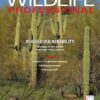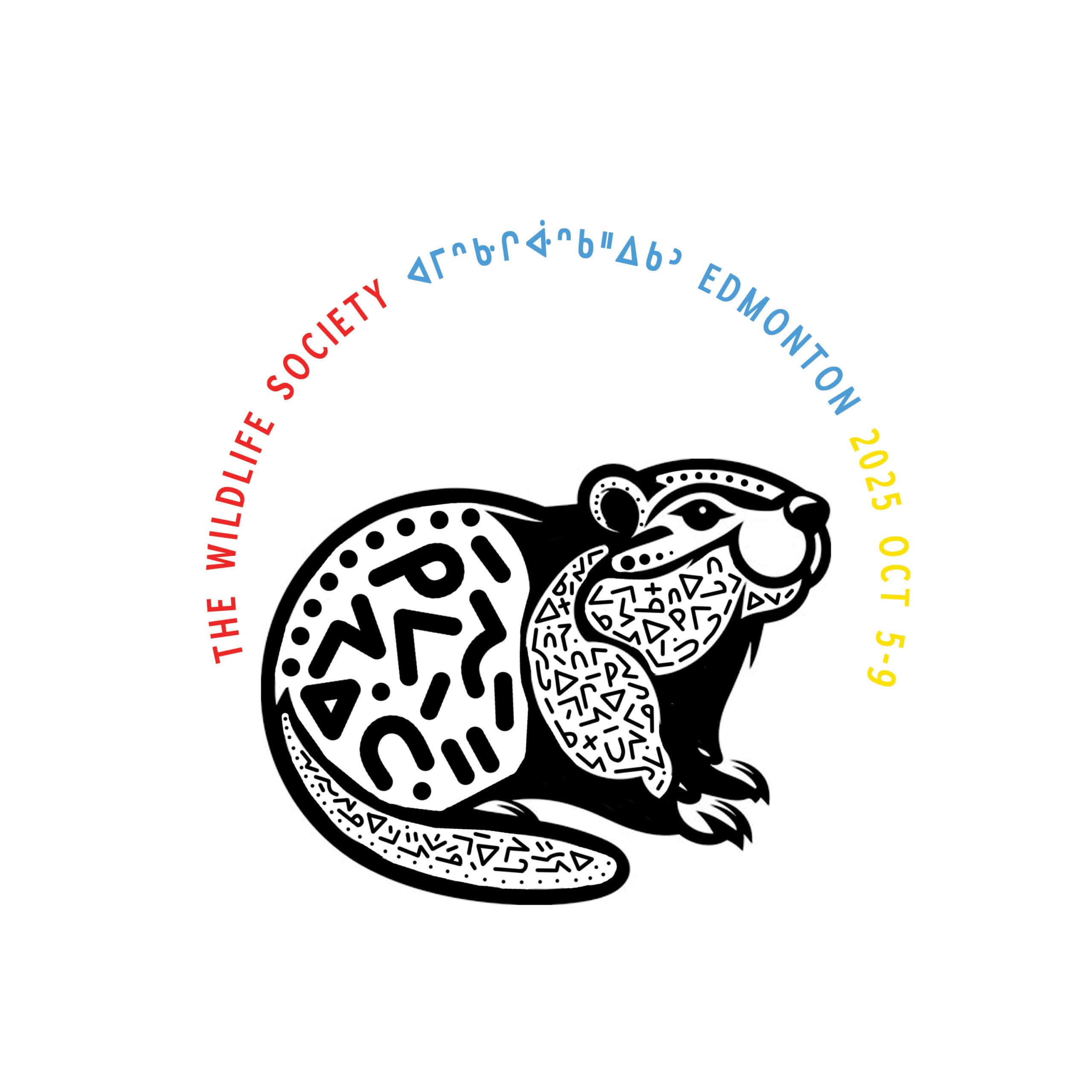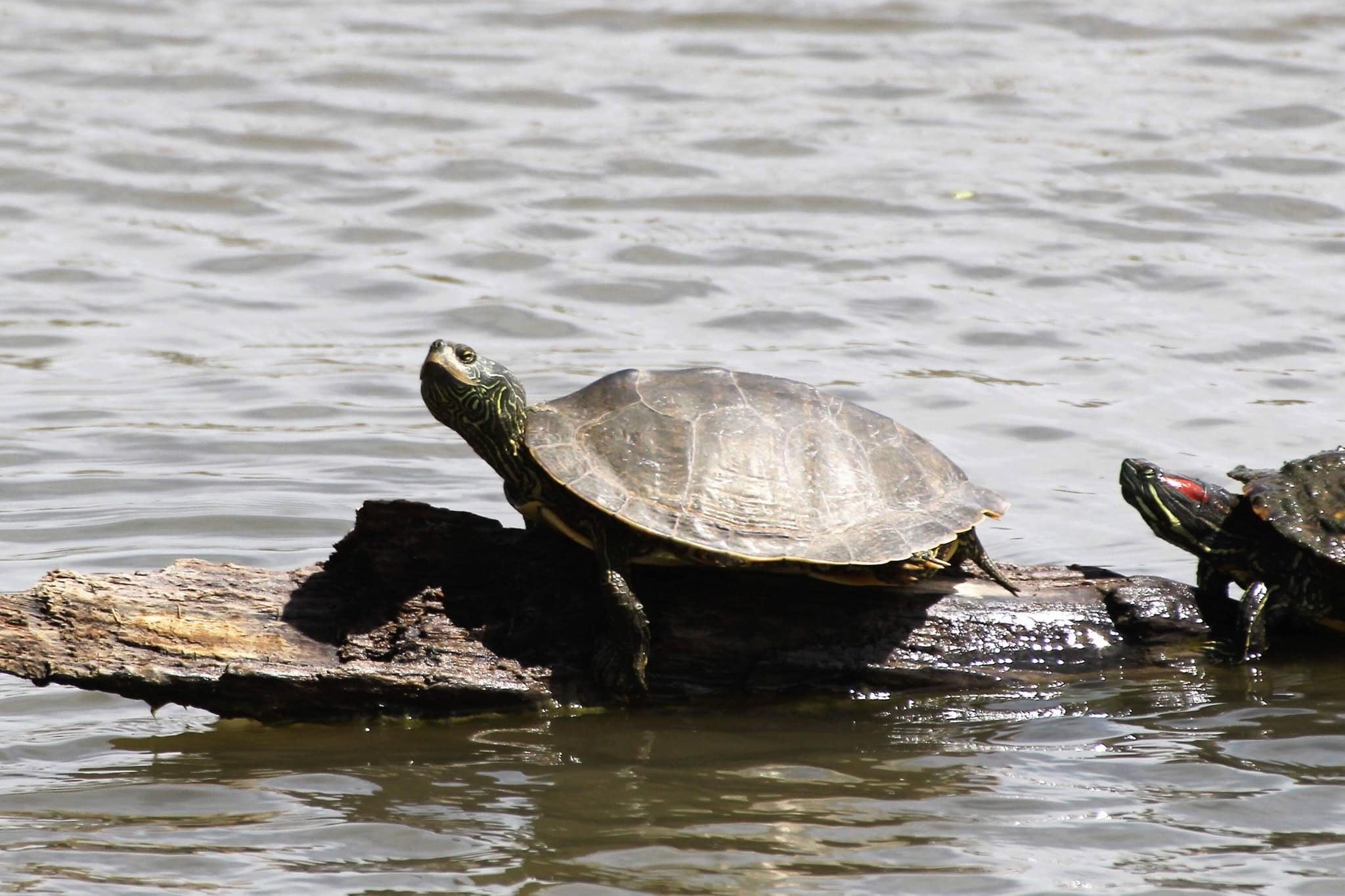Share this article
TWS Texas Chapter involved in rattlesnake working group
Gassing – a method of luring rattlesnakes for capture used in popular rattlesnake roundups – has garnered the participation of the Texas Chapter of The Wildlife Society in a working group to discuss a ban on the controversial capture technique.
Rattlesnake roundups are popular events in which rattlesnakes are collected and often put on display, milked for venom or sold for meat. Historically the festivals were used as a way to collect venomous snakes to prevent them from harming humans or cattle, but now the events gather crowds in the thousands primarily for recreation and entertainment.
Despite their popularity, the gassing method of capture has shrouded roundups in controversy. Gassing is when gasoline or ammonia is poured into a burrow — an important microhabitat for snakes and other species — which disrupts hibernation and drives the snakes into the open, making them easier to capture. The use of chemical substances to collect nongame wildlife such as snakes has been banned in 29 states, and in 2012 the U.S. Fish and Wildlife Service listed petrochemical exposure as a threat to many species of small animals.
The Texas Parks and Wildlife Department appointed the working group after a 2013 petition led by biologists, zoologists and herpetologists suggesting a ban on the use of gassing at the traditional events. The group, dubbed the Snake Harvest Working Group (SHWG), is comprised of 12 individuals that represent wildlife biologists, roundup supporters, herpetologists and includes representatives from TWS’ Texas Chapter.
Despite months of deliberation, the group is still at a standstill on whether or not legislators should push the ban forward. Six members of the working group believe that the negative effects that gassing has on non-target species warrants a ban, with four members in disagreement and one member undecided. However the group unanimously agreed that despite controversy over gassing, roundups are socially and economically important events in the southern United States.
The working group, in conjunction with the Texas Parks and Wildlife Department, will further discuss the potential ban at a commission meeting in March.
For more information, see TWS’ factsheet on rattlesnake roundups.
Header Image: ©Tom Benson








